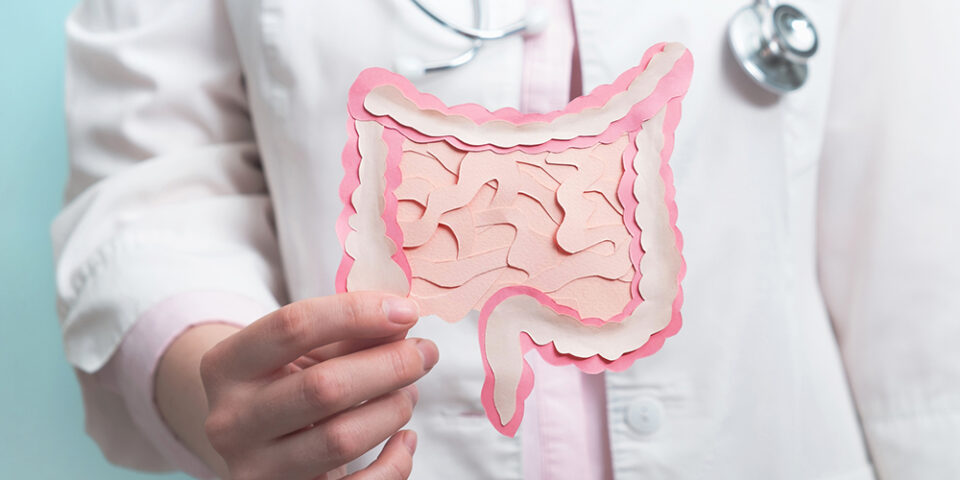4 common colonoscopy fears – and why you shouldn’t worry
Your 45th birthday has come and gone, and you know this is the year for your first colonoscopy, but so many fears are swirling around in your mind. Can I handle the prep? Will it hurt? What if they find something? Colonoscopy screenings can almost completely prevent colon cancer by identifying and removing suspicious polyps before they become cancerous. Sadly, many people are afraid to have the procedure.
Colorectal surgeon Cedrek McFadden, MD, addressed some common fears about colonoscopies to ease your mind.
A fear of the prep
“Colonoscopy preparation is very different than it used to be,” Dr. McFadden said. “We’re no longer requiring you to do three or four liters of a prep. Instead, it’s a much smaller volume that we’re splitting into two doses.”
Also, many doctors no longer require a complete fast the day before, allowing lower residue type food items such as white rice without any oils or butter.
“Some of the research shows it may improve the prep quality,” Dr. McFadden said. “It also improves your energy and makes you less grumpy on the day of your procedure.”
The most important takeaway is you want to have a good quality prep so you can have a high-quality exam. He offered some additional prep tips here.
A fear of the procedure
A colonoscopy may sound uncomfortable, but it is, in fact, an extremely safe and pain-free procedure. A doctor uses a long, flexible tube, with a light and small camera on the end, to look at the inside of the colon and remove any suspicious growths or polyps.
“I would confidently say that a colonoscopy is a safe procedure,” Dr. McFadden said. “Even the sedation aspect is low risk. We use IV propofol, and most people wake up saying it was too quick and they want more of that nap.”
He said colonoscopy is a reliable and low-risk way to identify and remove potential cancer. Although not perfect, colonoscopy can reduce the risk of developing colon cancer by 95% through the removal of polyps, which are precursors to cancer.
A fear of the result
“There’s a fear of the unknown and what you might discover that would change your life,” Dr. McFadden said. “But if found early, colorectal cancer can have survival rates greater than 90%. You have the power to change your outcome by finding cancer when it’s early.”
If polyps are found, they can be removed immediately and sent to pathology. Depending on the type and number of polyps, you may be asked to have your next colonoscopy sooner than the typical 10-year interval. You might have a few polyps removed and never have another one, or you might have several that are removed time and again. Following the screening recommendation from your doctor will be important. Having a history of polyps also means you should no longer consider other colon cancer screening methods, such as the at-home test Cologuard.
A fear of the cost
Check your insurance policy. Most health insurance policies have a provision for colon cancer screening for people 45 and older and generally cover 100% of the cost. Reach out to your insurance company ahead of time to find out so there are no surprise costs after the procedure.
Remember, if you have a colon cancer screening such as Cologuard or a FIT test and it comes back positive, you will need to have a diagnostic colonoscopy. Depending on your policy, you could end up with much higher out-of-pocket costs than if you had done the colonoscopy from the start.
The main takeaway? Talk to your doctor.
“If someone’s on the fence, I say come talk to me and let’s have a conversation about a colonoscopy,” Dr. McFadden said. “We can discuss everything you’re afraid of and maybe alleviate those fears so you can have the procedure. And if not, we can find an alternative. Because the best colon cancer screening is the one that gets done.”
Find a doctor
Whether you’re looking for a primary care physician or need to see a specialist, we’re here to help with experienced, compassionate care near you.
Find a Doctor

